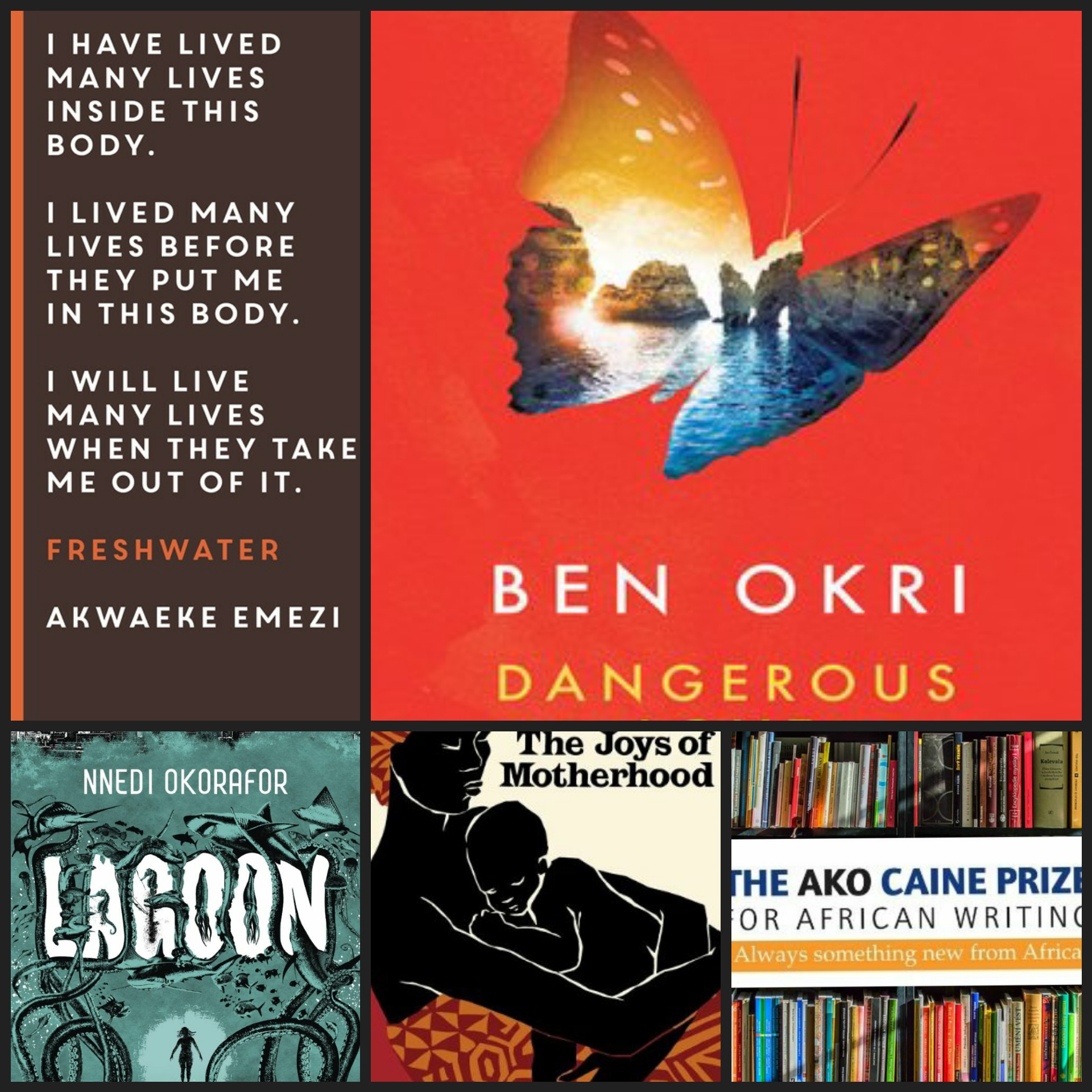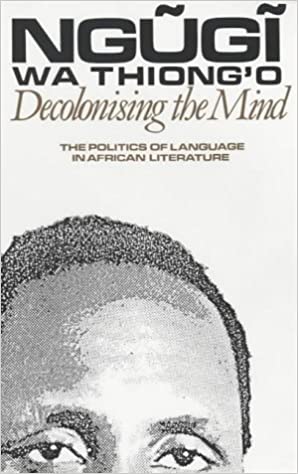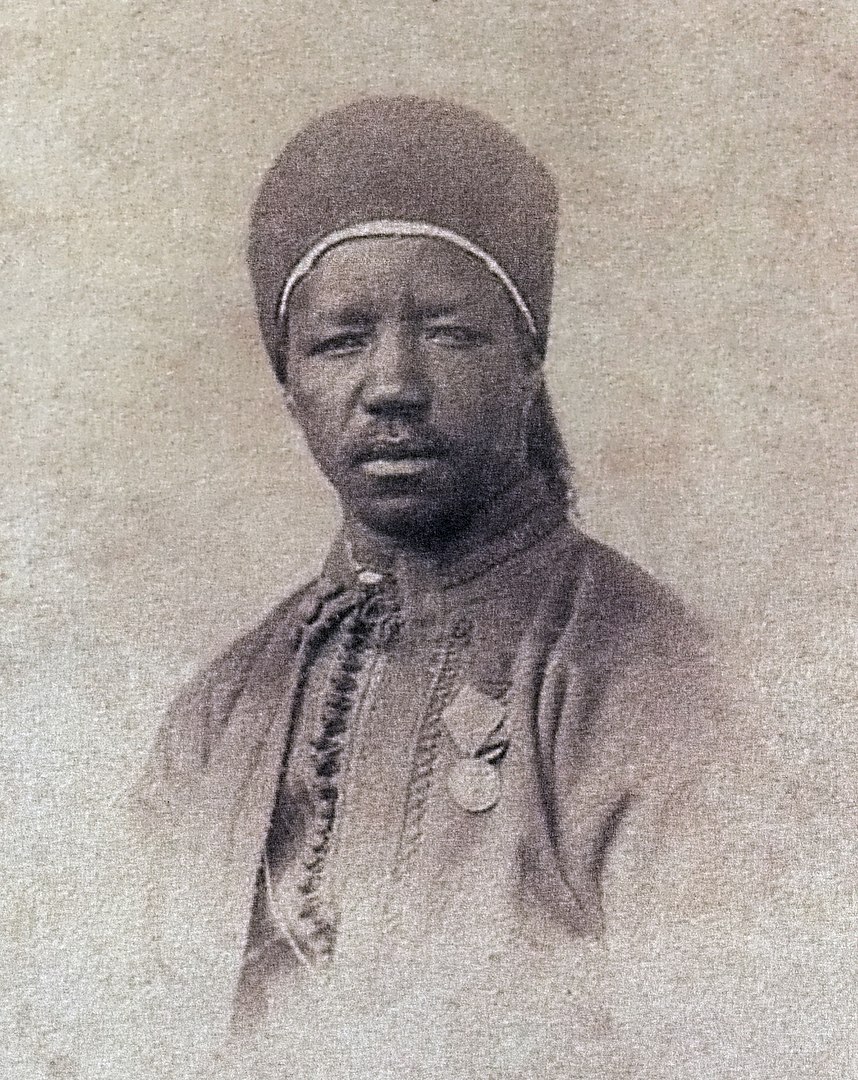Jhumpa Lahiri wrote her latest novel in Italian. Afterwards she translated it into English herself. The deliberate shift in her own language focus invites me to question several things: the linguistic pressure to conform that migrants of Colour often experience. And the common idea that people can only express themselves well in one language – their mother tongue.
more...
A listicle of five books set in Nigeria it’s worth checking out – from classics to less well-known newcomers, there’s some great reading here.
more...
Translators make decisions that have an enormous impact on how texts arrive in linguistic contexts beyond the language they were written in. Especially in literary translation, many of these decisions are related to questions of aesthetics and style. But these are also, as our macht.sprache. project is making increasingly clear, decisions with political undertow and ramifications. The translator’s note is often a moment that allows translators to communicate to their readers the considerations that went into their decision-making.
more...
Zambia, Zimbabwe, Namibia, South Africa, Tanzania… Here are five books we can recommend to take you on some journeys through Southern Africa.
more...
So many texts on the subject of world literature at some point indicate Goethe’s coining of Weltliteratur in 1827 as its origin story. This is to start the conversation within a European framing. But one could choose another point of departure. For instance: In 1907, Rabindranath Tagore, an enormously respected figure of Bengali literature, was asked to give a lecture on comparative literature. He chose instead to speak on vishwa sahitya.
more...
In this article, we look specifically at English and German, and discuss 10 terms related to race that are difficult to translate.
more...
Our macht.sprache. project has given us cause to think carefully about the work of translation, and the people who do this work.
more...
In light of our translation project, case.sensitive., we’ve had cause to think once more about the relationships between different languages, and how these work in regard to power.
more...
Although Black German history goes back several hundred years, it is often difficult to reconstruct, and the life stories of individuals – such as that of August Sabac el Cher, the administrator of silver in the Prinz-Albrecht-Palais – remain incomplete. Art can fill gaps or at least make them visible in an effective way.
more...









